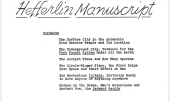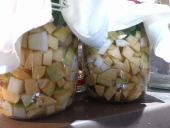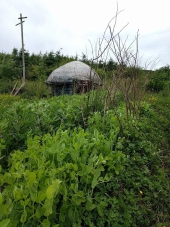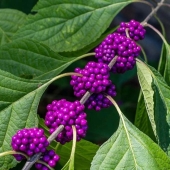






Nancy Reading wrote:I've realised I actually find it easiest to save seeds from biannual plants here (kale, carrot, parsnip...). Because they over winter and usually flower in spring, they have a chance to ripen when I get a bit of dry and warmth in summer, so I can harvest and dry them quite easily.
Plants that go to seed the same year are often a bit hit and miss as they ripen later in the summer or autumn, when the weather is getting cooler again, so drying is much more difficult. I'm hopefully selecting for earlier ripening seeds just by succeeding in saving the seeds!
John Weiland wrote:
John F Dean wrote:.....if I can only have one handful a year in present times, I will grab the candy corn for the flashback to my childhood.
Yet inquiring minds want to know: When younger, did you nibble one color of each kernal at a time, starting with the yellow portion at the end and progressing to the white tip? Somehow in those early years, my impressionable mind was convinced that the yellow portion tasted more buttery.... :-)

Nancy Reading wrote:
Tim Springston wrote:
One other thing I have heard is that pease were (and are?) also grown as a polyculture with grain crops so that you harvest, thresh and eat the whole crop together. I'm not sure how this might work, but you'd get a nutritious porrage I suppose. It may also have been fed entire as an animal food with the stalks as well
